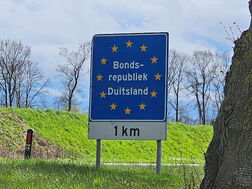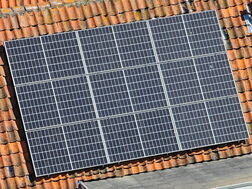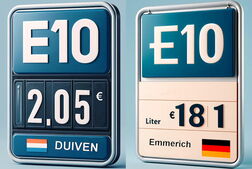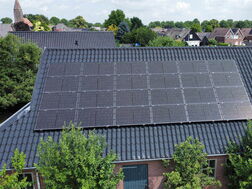From Saturday, 1 July 2023, several changes will come into force in the Netherlands, including increased excise duties on fuel, reduced child benefits, and a ban on single-use plastic.
Fuel prices
Excise duties on fuel in the Netherlands will increase from 1 July 2023, cancelling the reduction that had been in place since 1 April 2022 due to high energy prices. The fuel tax increase could bring the price of petrol in the Netherlands to around €2.15 per litre.
> More information and tips in the article Cross-border refuelling becomes more attractive due to the increase in fuel taxes in the Netherlands.
Disposable tableware and plastic packaging
From 1 July 2023, consumers in the Netherlands will have to pay for disposable cups and containers that contain plastic or use a reusable alternative. In addition, shopkeepers will be obliged to either accept the customer's reusable cups and containers or offer them themselves.
Child benefits & minimum wage
The Dutch child benefit will be reduced by about 3% due to falling inflation, with the amount varying depending on the age group. Another adjustment will take place in 2024. The statutory minimum wage, on the other hand, will increase by more than 3%.
Tax & price increases
Increases are also expected in driving licence applications and the statutory interest rate on taxes, which will rise from 4% to 6%, bringing the borrowing rate to 14%.
Pension reform & cross-border work
A new pension law comes into force, and homework rules for frontier workers are relaxed.
Rents & housing law
Rents can be increased from July 2023, with low-income tenants able to receive a rent reduction. New rental rules also come into force.
Corona certificate
The digital corona certificate in the Netherlands will be abolished, and alternative forms of proof will still be valid.
Further changes
These and other changes will come into force in the coming months and impact Dutch citizens and businesses. All changes are provided in detail in Dutch by Rijksoverheid.





